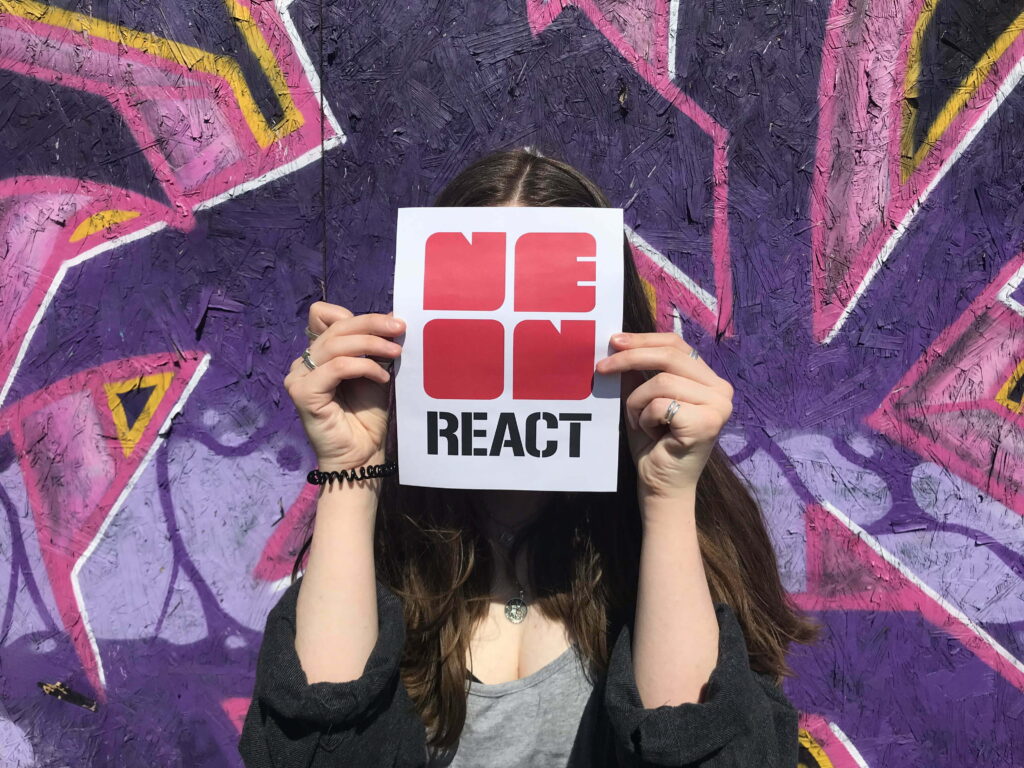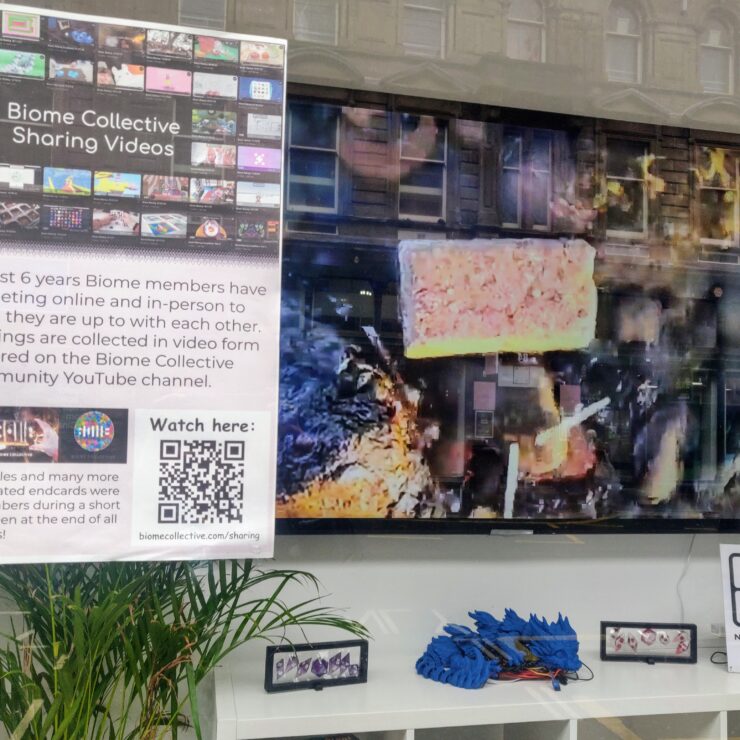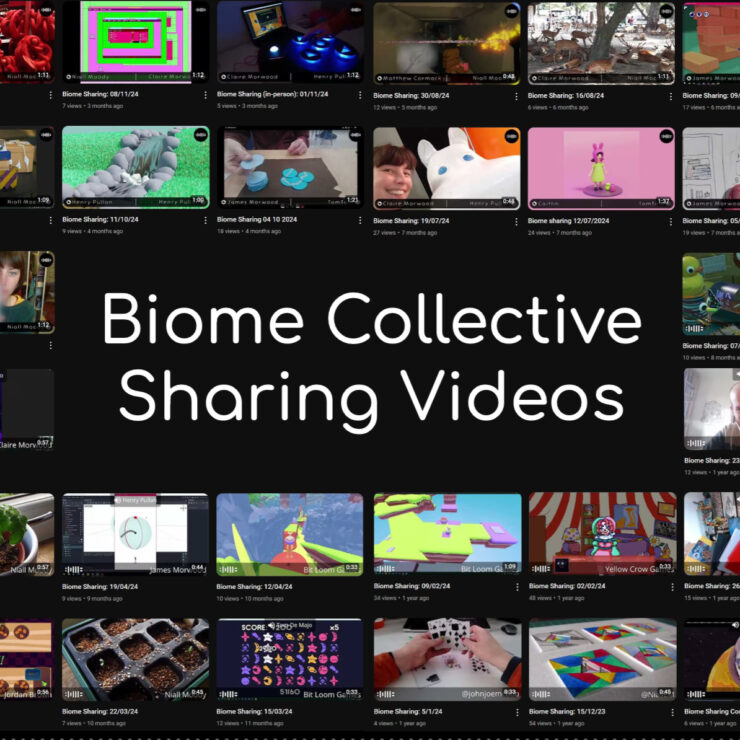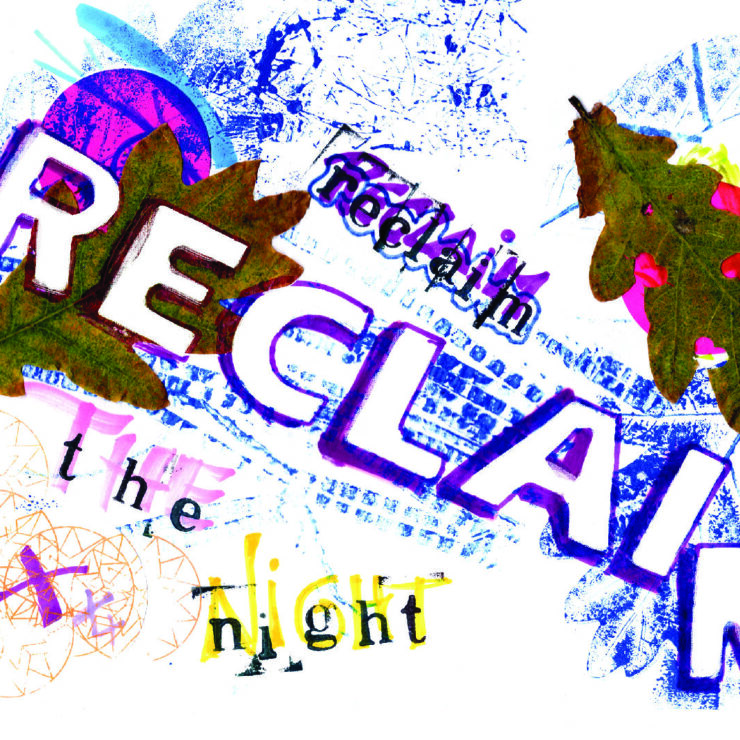Symposium Spotlight: Amanda McDonald Crowley

One of the highlights of this year’s NEoN digital arts festival is the Re@Ct: Social Change Art Technology Symposium – a three day expanded programme of international speakers addressing the social and political potential of digital art, taking place from Wednesday 6 – Friday 8 November.
In this mini-series of interviews Ana Hine catches up with one of the keynote speakers for the symposium, here talking to Amanda McDonald Crowley an independent curator, cultural worker and educator based in New York, USA. She will be presenting her paper ‘Artists and Food Systems: Towards Sustainable Futures’ on Thursday 7 November at West Church on the Perth Road.
How did you hear about NEoN digital arts festival? Were you aware of it before you were invited to speak this year?
I believe I first heard about NEoN when I was doing my residency with New Media Scotland in 2013 and I came to Dundee to visit with Sarah Cook and a group of her colleagues. But wait, that was in 2013 and in 2012 I know I was super excited that NEoN presented Matthew Herbert’s One Pig and wish I’d been able to be there. I’d seen it in London: what an amazing piece of work! History is a blur and my memory is a sieve! In any case I’m excited to be finally coming to witness the festival, though it’s a bit daunting to do that as a presenter!
What’s your keynote speech going to cover? How does this tie into the festival’s theme this year of React?
Participation and engagement strategies have always been core to my curatorial and cultural work. I’m a firm believer that art makes a difference and artist are change-makers, so I’m excited for the social change art technology theme. Specifically though, I’m bringing my contemporary interest in food production and consumption and how that relates to art, media, life, you know, the small questions about how we live equitably on the planet. #arttechfood is a topic I’ve been exploring creatively with artists for some time now. Our food production systems are broken, especially in America, where I’ve lived since 2005, but everywhere really.
You previously worked with our partner organisation New Media Scotland to develop GastroLabs, a program series for the Edinburgh Science Festival 2014. Could you tell us a bit about that project and its legacy?
I’ve known and worked with New Media Scotland in various capacities for many years, but specific to 2014, Mark Daniels saw postings I was doing when I was on a residency at Bogliasco in Italy in 2012. That was the year he programmed the first GastroLab as part of the LateLab series they had developed for Edinburgh Science Festival – their evening programs: science in the round for adults. He immediately reached out to me to ask if I would be interested to do a residency with them with a specific brief to develop ideas for this program for Edinburgh Science Festival. So we developed three GastroLab events and food related concepts found their way into other LateLab programs as well! So part of the legacy of that is that I’m returning to Scotland again to talk about similar ideas. I continue to develop programs on the topic and I am also starting to work towards a publication too. Let’s see!
Do you think the corporatisation of our food systems is getting worse in a digitally interconnected world?
There’s no question that the corporatisation of our food systems has reduced the quality and it’s getting worse as the number of people involved in the production of our food reduces.
It happened early in the 20th Century through mechanisation, industrialization, and development of chemical technologies whereby capital and technology replaced labor and management in our food systems. Maybe we can use digitally interconnected technologies to help to restore our food systems or to alter our consumption in ways that might make us demand healthier alternatives: for us and for the planet.
How can digital art help audiences rethink their relationships to our food systems?
Come along and hear about how some of the artists I have been working with are in turn working with communities and people from varied fields of research! Digital art on its own won’t necessarily help audiences to rethink their relationship to our food systems: it is a social enterprise and it will take a collaborative effort!
What do you hope to achieve by being involved with NEoN and how might it help your future work and research?
It is always valuable to connect with colleagues, and to meet new people working in our field, to hear new ideas, and to meet new people. The digital world in great, but meeting in person is still essential to our humanity. Technologically mediated conversations are wonderful, but meeting and mobility is still essential in our interconnected world. But I am not sure what I will learn, or who I might meet who might surprise me and lead me in new directions. I’m excited to come to Dundee to find out.
Re@ct will shift between four venues in Dundee over the three days of the symposium:
Day 1, Wednesday 6 November – V&A Dundee
Day 2, Thursday 7 November – morning West Church/afternoon Chamber East
Day 3, Friday 8 November – Steps Theatre
The Re@ct symposium is a unique, open and freely accessible event. REGISTER HERE


